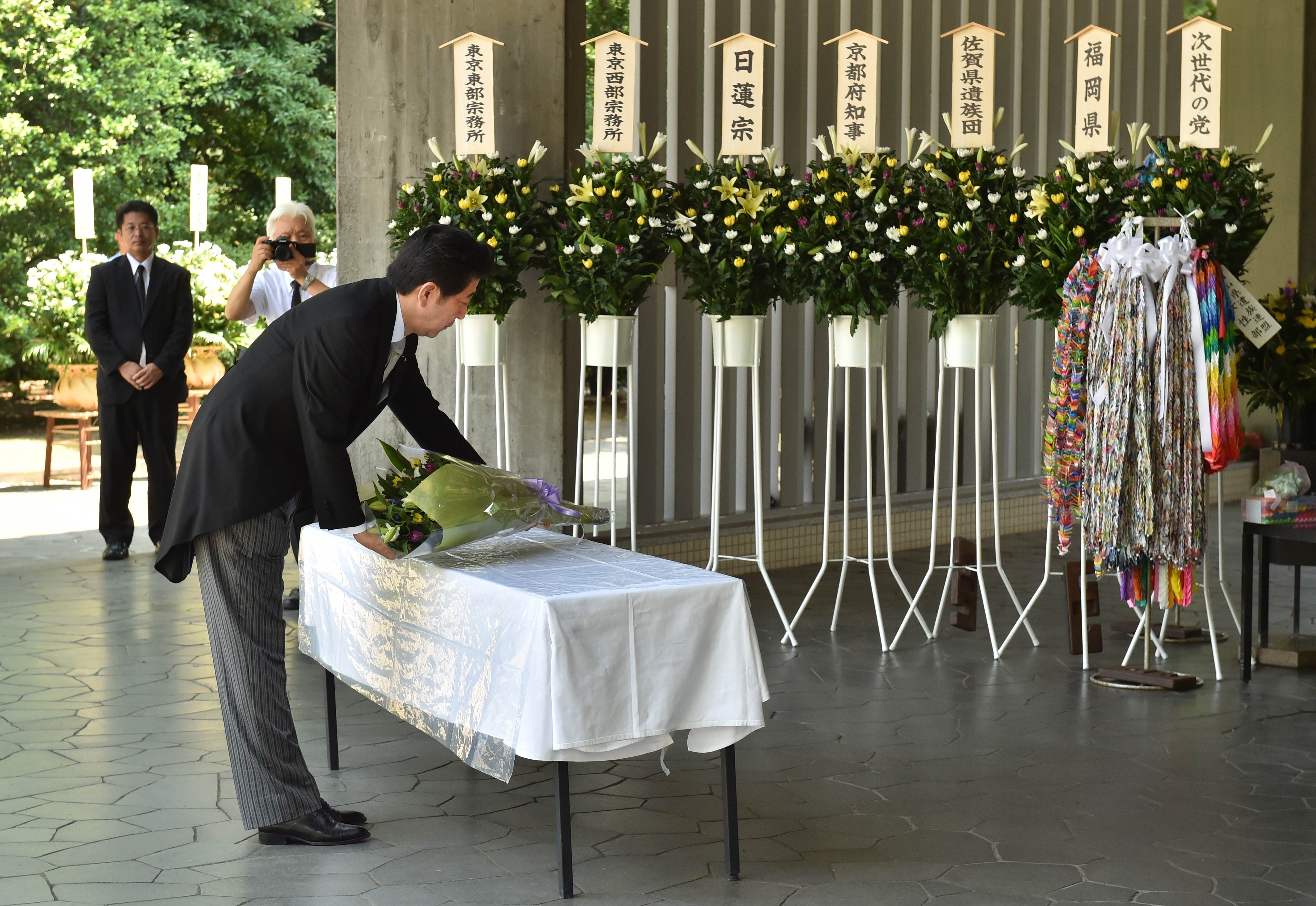Prime Minister Shinzo Abe made a hash of his long-anticipated statement on Friday commemorating the 70th anniversary of the end of World War II.
He was vague where he needed to be forthright — on colonialism, aggression and the "comfort women" system — and came up short in expressing contrition by outsourcing his apology to his predecessors. As a result, the Abe statement represents significant backsliding from those issued by former prime ministers Tomiichi Murayama and Junichiro Koizumi in 1995 and 2005 that helped Japan and its victims regain some dignity.
Furthermore, Abe expressed perpetrator's fatigue, calling for an end to apology diplomacy. But a recent NHK poll suggests that only 15 percent of the country oppose apology while 42 percent support such gestures, so, yet again, Abe is out of touch with Japanese sentiment.


















With your current subscription plan you can comment on stories. However, before writing your first comment, please create a display name in the Profile section of your subscriber account page.